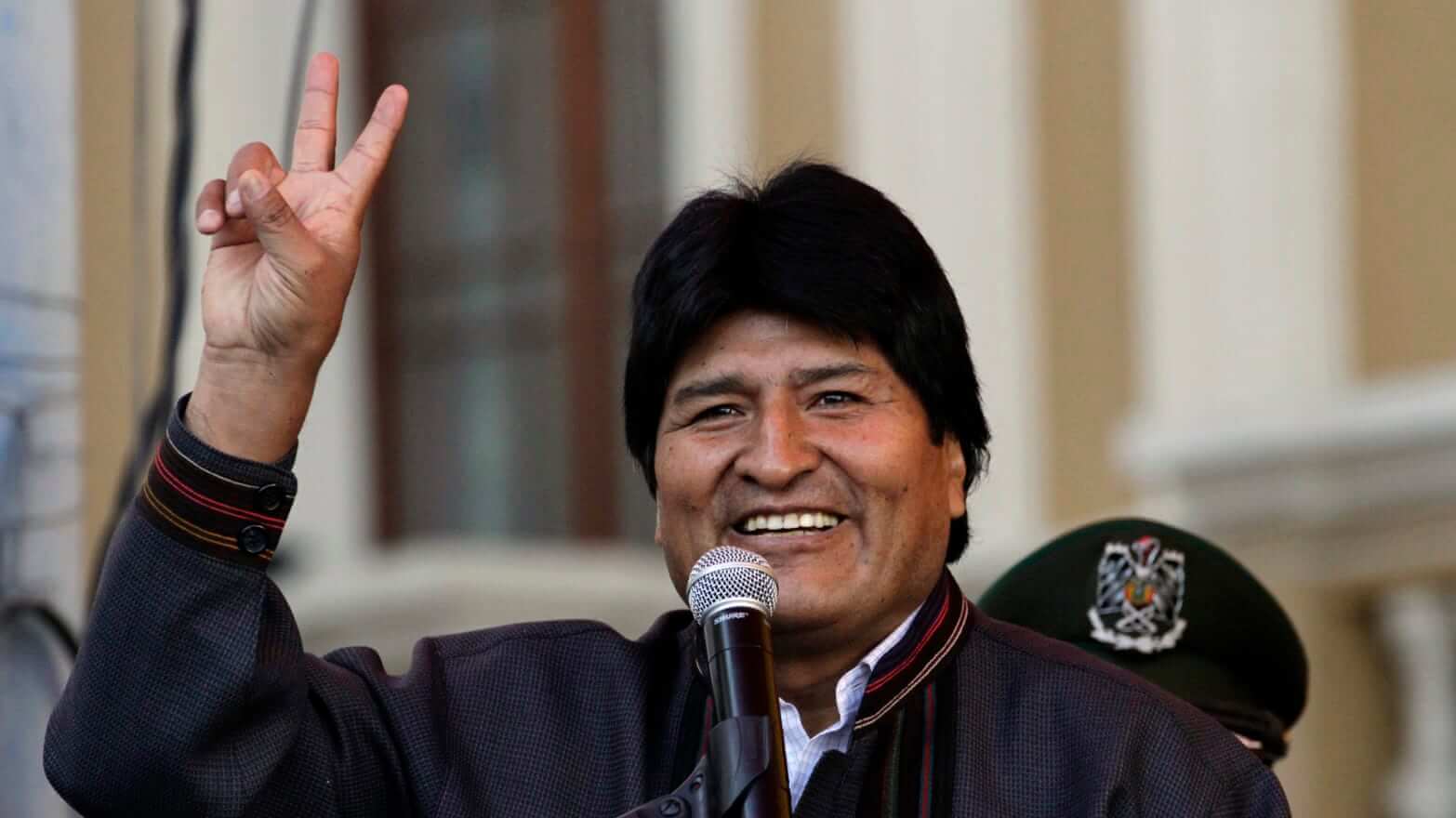Former Bolivian President Evo Morales has been barred from contesting his candidacy in the upcoming Senate elections in October. The court that delivered the verdict opined that, since Morales now lives in Argentina, he no longer meets the residency requirements required to occupy a Senate seat.
Morales, for his part, has said he would not appeal the decision, but criticized the court for falling prey to “threats and pressures”, and called the ruling “political and unconstitutional”. In November last year, Morales resigned amidst nationwide protests, military pressure, and allegations that he was attempting the rig the system to secure his re-incumbency and extend his fourteen-year rule. Given that Morales has been disallowed from seeking a Senate seat, he is now effectively unable to acquire parliamentary immunity against the charges that have been levelled against him.
Although the now-former president was forced to resign, his party, the Movement Toward Socialism (MAS), continues to hold a majority in the Legislative Assembly and is poised to maintain its control over the Senate in the October elections as well. In Morales’ stead, economist Luis Arce is the party’s candidate.
After he stepped down, Senator Jeanine Áñez, leading a coalition of the Democrat Social Movement party and four other parties, assumed the interim presidency. During her time in office, she has attempted to undo some of Morales’ leftist influence on the country’s policies and its foreign relations. Áñez currently trails Arce in the polls for the re-run of the general election, who himself is behind rival Carlos Mesa.
In addition to existing charges such as terrorism, genocide, sedition, and corruption, last month, the justice ministry issued a complaint against Morales for statutory rape and human trafficking over an alleged relationship with a sixteen-year-old girl during his time in office.
Morales led the nation from 2006 to 2019 and won three consecutive elections and ran for a fourth term in October 2019 prior to his resignation in November. This was in contravention of the three-term limit, a law that was reinforced by the fact that citizens voted against a constitutional amendment that would remove this limit in 2016. Nevertheless, he contested the election, and was unsurprisingly declared the winner. However, several irregularities prompted suggestions of vote-rigging, resulting in widespread protests, ultimately leading to his resignation on November 10 under military and public pressure.
This latest decision by the Bolivian court reinforces a verdict by the supreme electoral tribunal (TSE) in February, which Morales called a “blow to democracy” at the time.
Ousted Former Bolivian President Morales Barred From Contesting Senate Elections
The court that delivered the verdict opined that, since Morales now lives in Argentina, he no longer meets the residency requirements required to occupy a Senate seat.
September 10, 2020

IMAGE SOURCE: DAVID MERCADO / REUTERSFormer Bolivian President Evo Morales
